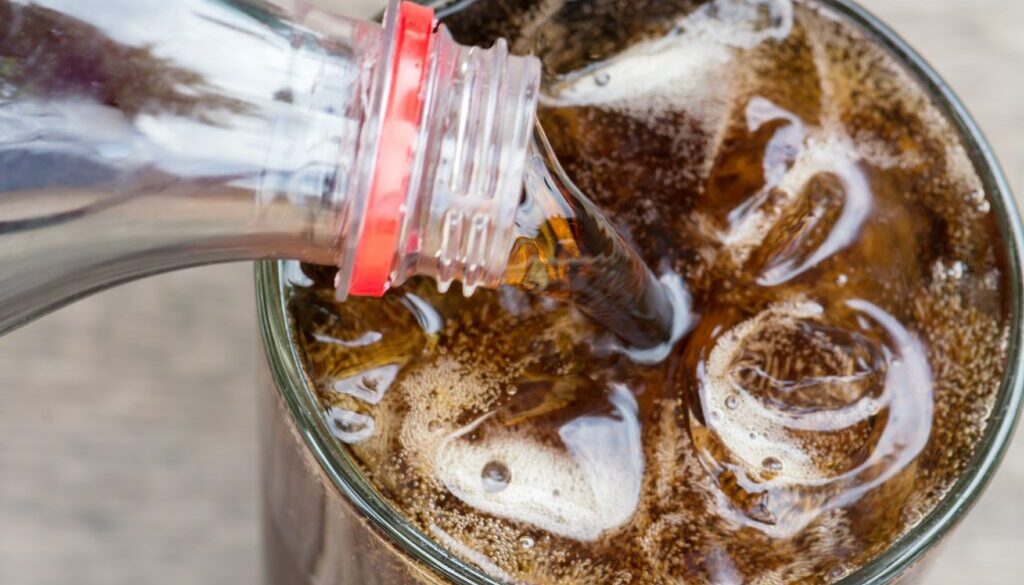Aspartame recommendations and alternatives
What is Aspartame?
According to the FDA, Aspartame is an artificial sweetener classified as a food additive. Its name brands include Nutrasweet, Equal, and Sugar Twin. While Aspartame does contain calories, consumers likely use less than they would table sugar because it’s about 200 times sweeter. Saccharine (Sweet n Low), another form of artificial sweetener, is 300-400 times sweeter than sugar.
What kinds of food contain Aspartame?
Aspartame is found mostly in sugar-free foods and beverages. Most commonly it’s consumed in diet sodas and sugar-free drinks like Crystal Light. You may even see Aspartame on restaurant tables in the little blue packets to enjoy in your morning coffee or tea.Aspartame (Equal) has been consumed in the US for over 41 years and Saccharin (Sweet n Low) has been consumed for the past 125 years.
Is Aspartame safe for consumption?
Recently, the World Health Organization (WHO) conducted cancer research targeting the effects of Aspartame on humans. They found that Aspartame is a possible carcinogenic to humans based on limited evidence that it may cause liver cancer in individuals. The FDA, in response, stated that “scientific evidence has continued to support the FDA’s conclusion that Aspartame is safe for the general population when made under good manufacturing practices and used in the approved conditions of use.”
According to Courtney Fuller, RD, LD, CMC Clinical Nutrition Manager, “Aspartame should only be avoided for individuals with phenylketonuria, as Aspartame is converted into phenylalanine in the body.” According to cancer.org, Phenylketonuria is a rare genetic disorder present at birth in which the body can’t break down phenylalanine, an amino acid found in many foods and in Aspartame. Any products containing Aspartame (including medicines) must carry a warning “Phenylketonurics: contains Phenylalanine.” For those that wish to avoid aspartame, the easiest way is to look for this table, however, if aspartame is in the products it will be listed on the label of ingredients.
Enjoying Aspartame in moderation
Courtney states “Aspartame can safely be consumed daily, however, many health organizations have placed recommended amounts of daily consumption.” The WHO states up to 40 milligrams of Aspartame per kilogram of body weight is an acceptable daily intake. Courtney shares “For example, an adult weighing 154 points would have to drink more than 9-14 cans of diet soda daily to exceed the limit of Aspartame.” Courtney continues “Enjoying products with Aspartame in moderation is key. We do not want to deprive ourselves of products that contain Aspartame, because it will lead to overindulging when we have that specific product.”
For individuals that want to reduce their daily artificial sweetener consumption, there are several delicious alternatives like sparkling water, un-sweetened iced tea, club soda with a splash of juice, or fruit infused water.

Artificial sweeteners and diabetes
Artificial sweeteners have zero glycemic index making them a great alternative to sugar for individuals with diabetes. Splenda (FDA-approved Sucralose) is about 600 times sweeter than sugar. It is also heat stable, making it an agreeable alternative to sugar for baking as well.
CMC Primary Care
Regular visits with your primary care provider offer a great opportunity to discuss your current diet and possible adjustments that need to be made to ensure you’re living your healthiest life.





